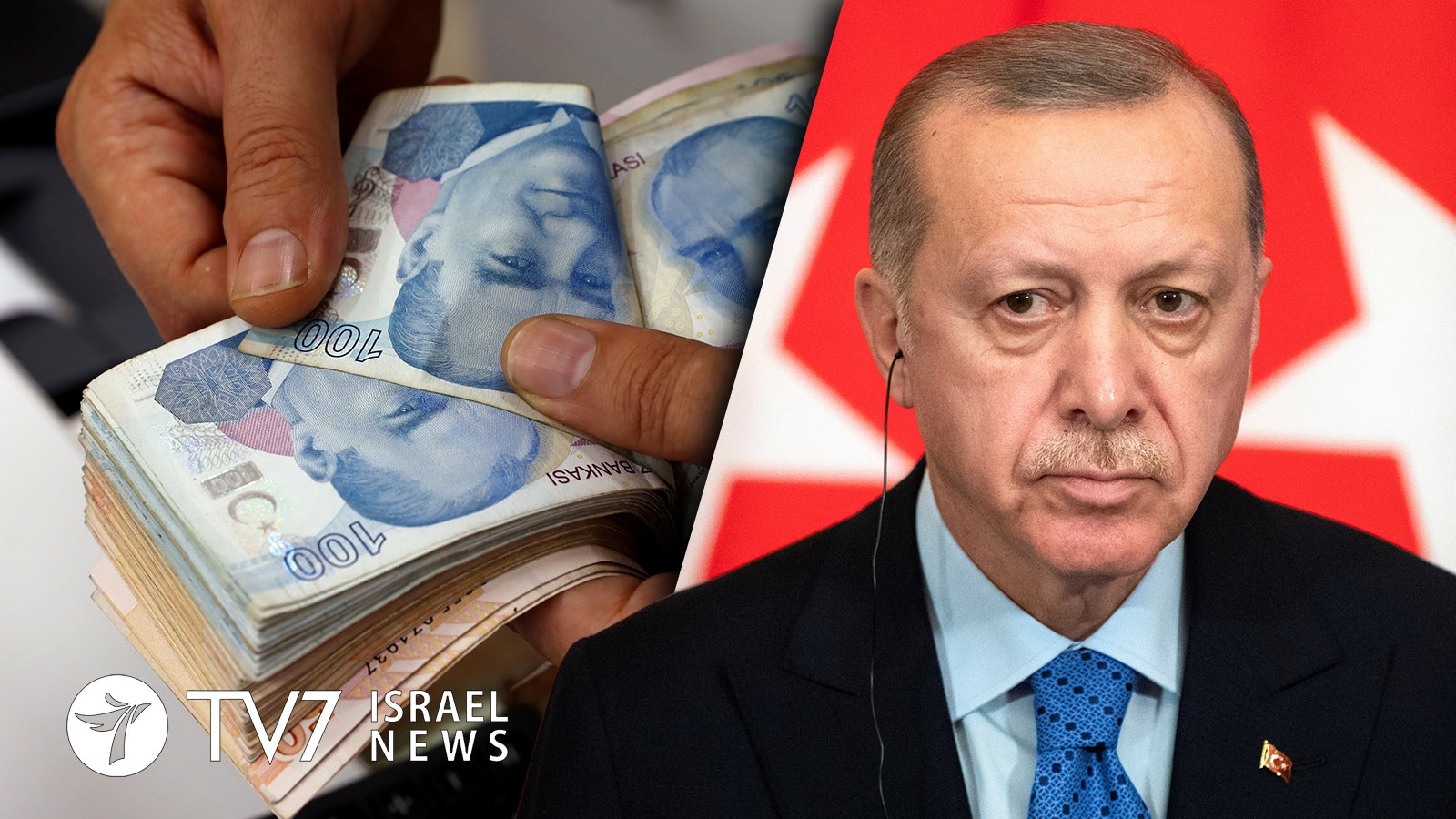Turkey’s lira briefly fell 15% yesterday following the shock dismissal of the country’s Central Bank Governor Naci Ağbal by Recep Tayyip Erdoğan.
Ağbal was abruptly fired on Saturday, just 2 days after he hiked rates in a bid to counter near 16% inflation and foreign reserves that had dwindled under his predecessors.
Erdoğan promptly appointed a former member of his ruling Justice and Development Party (AKP) party as the new bank chief. Şahap Kavcıoğlu, who shares the presidents unorthodox view that high interest rates cause inflation, is the third governor since mid-2019.
Ağbal, who only logged 4 months in the position, is also an AKP member. Advocating He that an extended period of tight policy was needed to get inflation down to a 5% target, he had succeeded in restoring some policy credibility by raising the policy rate nearly 9 percentage points to 19%.
Turkey’s currency briefly dipped to ₺ 8.4850 to $1 US from ₺ 7.2185 on Friday, until recovering about half of its losses when Finance Minister Lütfi Elvan announced Turkey would adhere to free market rules. The afternoon rebound to ₺ 7.92 to the dollar left the currency 9% weaker, reflecting about half of its value prior to the full-scale crisis mid-2018.
Longer-dated Turkish dollar bonds experienced the biggest daily drop on record, while Istanbul’s main share index fell a significant 10% with banks hit the hardest.
Erdoğan’s actions reinforced investor concerns that politics overshadow the bank’s independence.
The move has left Turkey “beyond the point of no return,” Reuters cited Societe Generale analyst Phoenix Kalen as saying, while also predicting “financial turmoil” ahead.
“Erdoğan remains a populist authoritarian, whose understanding of macroeconomics is non-existent,” commented Jan Dehn, who heads the London-based Ashmore Group.
Food prices have soared about 20% higher this past year, creating hardship for citizens during the COVID-19 crisis and leading to declining popularity ratings for Erdoğan.
Meanwhile, Germany and Luxembourg are warning Turkey that European Union sanctions remain an option.
This, after Ankara said it would close down the pro-Kurdish Peoples’ Democratic Party (HDP), as well as withdraw from the Istanbul Convention pact that aimed to counter violence against women.
The EU is set to discuss strained ties with Turkey at a summit 25-26 March. The agenda includes the possible resetting of the 2016 migrant deal in which Ankara agreed to limit entry into Europe in exchange for financial aid.
Turkey had previously been threatened with punitive EU economic measures last year over the decades-old dispute with Greece over rights in the Mediterranean Sea, although those plans have been shelved amid a slight warming of ties.
“There is de-escalation in the eastern Mediterranean, (but) the decision on the HDP or the pullout of the Istanbul Convention are certainly the wrong signals,” German Foreign Minister Heiko Maas said after meeting his EU counterparts ahead of this week’s summit. He then underscored, “We will therefore keep the prepared sanctions on the table, and we reserve the right to impose them should Turkey steer away from the constructive course which it has taken lately with regard to specific topics with the EU.”
Upon arrival in Brussels for the foreign ministers’ meeting, Luxembourg’s top diplomat Jean Asselborn also cautioned, “This is a way back into the Middle Ages, this is not the way that we need to see to rebuild a normal relationship with Turkey.”
High Representative of the European Union Josep Borrell acknowledged that while there has been some improvement in the relationship with Turkey there have also been negative developments. “The mix will have to be taken into consideration by the council” during the Thursday-Friday summit, he said.
